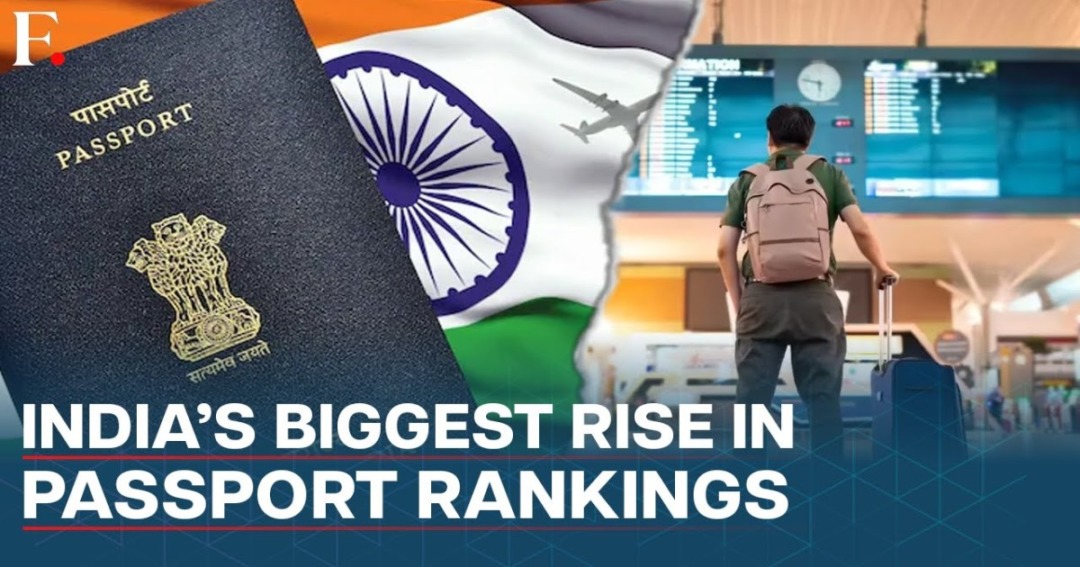
![]()
Mussoorie, one of India’s most beloved hill stations nestled in the foothills of the Himalayas, is taking a decisive step to combat the growing pressures of overtourism. Starting August 1, 2025, all tourists staying in hotels, guesthouses, or homestays in Mussoorie will be required to complete an online registration before entering the town.
This new regulation marks a significant shift in how the region manages its tourist influx.
For years, Mussoorie has struggled with increasing footfall, infrastructure strain, and environmental degradation. The situation reached a tipping point when data showed that the number of tourists had nearly doubled in just two years—from 1.1 million in 2022 to over 2.1 million in 2024. The result: persistent traffic gridlocks, overwhelmed civic systems, and disruption to both local life and emergency services.

The turning point arrived in 2023 when a report by a committee appointed by the National Green Tribunal (NGT) sounded the alarm on Mussoorie’s environmental decline. The report highlighted the town’s fragile ecosystem, mounting waste problems, water shortages, and pressure on infrastructure—directly linked to unregulated tourist inflow. It emphasized the urgent need for systematic visitor management to safeguard Mussoorie’s ecology and ensure sustainable habitation. Acting on the committee’s recommendations, the NGT directed the Uttarakhand government to adopt immediate crowd-control measures, including the implementation of a mandatory online registration system for all incoming tourists.
Under the new process, every traveler planning to stay overnight in Mussoorie must register their trip through the official Uttarakhand tourism portal (registrationandtouristcare.uk.gov.in). The registration requires travelers to submit key information, including their name, travel dates, number of travelers, accommodation details, and contact information. For Indian visitors, verification will be completed through a mobile number and OTP. For international tourists, email-based verification will be required. Once completed, tourists will receive a QR code—a digital pass that must be presented at designated entry checkpoints such as Kimadi, Kuthal Gate, and Kempty Fall. Entry will be strictly denied to anyone not carrying a valid registration.
Authorities have clarified that this rule will not apply all year round. Instead, it will be enforced only during peak travel periods, such as summer vacations, winter holidays, and long weekends—times when the town traditionally experiences its heaviest influx.
This move is being hailed as an important step toward sustainable tourism. Officials believe that regulating the number of visitors through pre-registration will allow for better planning, streamlined traffic flow, faster emergency responses, and reduced pressure on waste management and water supply systems. It will also generate more accurate tourism data, enabling smarter decision-making around resource allocation, infrastructure upgrades, and visitor services.
More broadly, it reflects a growing recognition among Indian tourist destinations that tourism must be managed, not just welcomed. Like Shimla and Manali before it, Mussoorie now joins a growing list of hill towns adopting digital tools to maintain a balance between economic gains and environmental health.
For travelers, this means a small extra step before departure—but one that ensures a more pleasant, organized, and responsible travel experience.
And for Mussoorie, it’s a much-needed lifeline to help protect the very qualities that make it a timeless escape: fresh air, mountain silence, colonial charm, and natural beauty.



